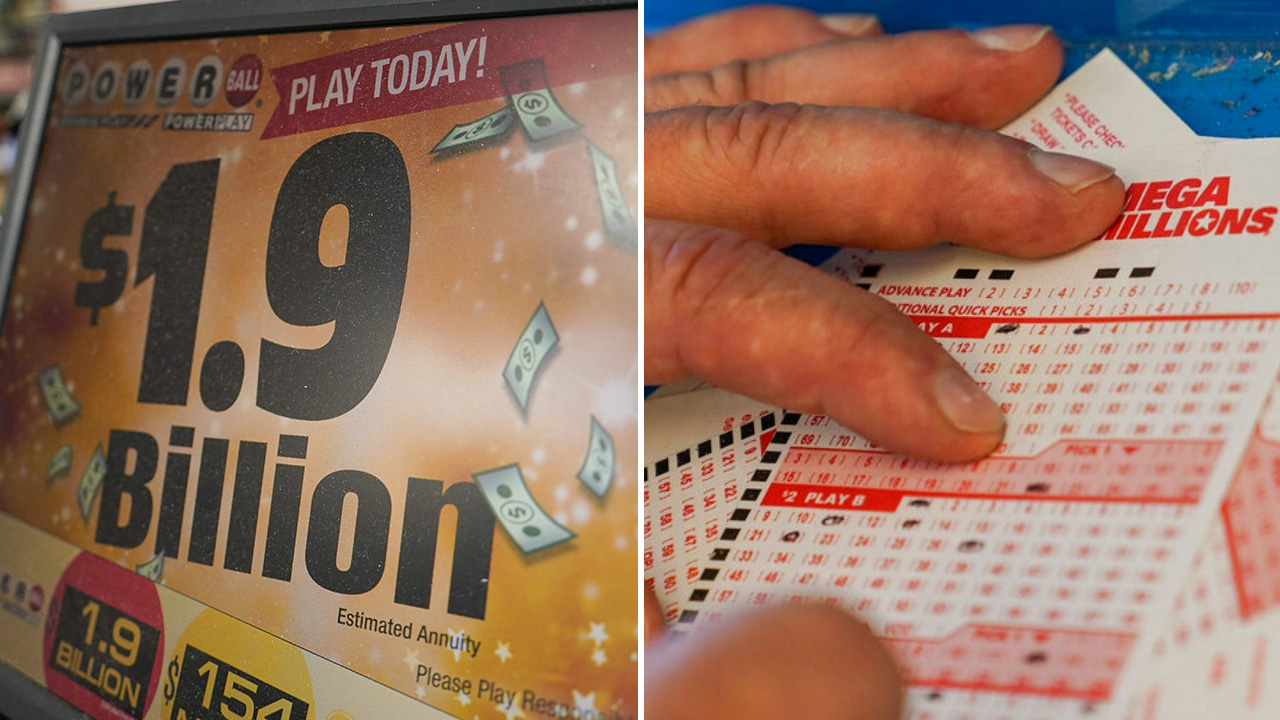
A lottery is a form of gambling in which numbered tickets are drawn at random to determine the winner. The winnings are usually cash prizes but may also be goods or services. It is a popular pastime in the United States, where more than 100 million people play each week and contribute to the economy by spending billions of dollars annually. Although most people who play the lottery believe they have a chance to win, the odds of doing so are extremely low. Some people even find it demoralizing when they do not win.
In addition to providing entertainment, lotteries are a source of revenue for many state governments. In fact, they are the most popular form of gambling in America. But just how significant this revenue is, and whether it is worth the cost to the individual players, remains controversial.
The first recorded public lotteries were held in the Low Countries in the 15th century, to raise funds for town fortifications and the poor. In the 16th and 17th centuries, lotteries were used to finance public projects such as roads, canals, churches, libraries, universities, and colleges. Lotteries also helped to fund the Revolutionary War and the Continental Congress.
By the end of the 18th century, almost all states offered a state lottery to raise money for public works projects and local militias. Some states even had multiple lotteries to increase the chances of winning. These early lotteries were popular, and the public viewed them as a useful alternative to raising taxes.
In the 19th century, state lotteries continued to grow in popularity. By 1920, there were more than a dozen major state lotteries with prize pools of millions of dollars. Although some states have since dropped their lotteries, others have enlarged them or introduced new ones. Some even offer electronic games.
While state lotteries do not offer guarantees, they are a great way to get the word out about a particular product or service. A successful advertising campaign can result in a significant increase in sales for the lottery operator. In addition to traditional print and broadcast advertisements, lotteries also advertise through the Internet, mobile phones, and e-mail.
Many people believe that the lottery is a good way to help those in need. The fact is that most of the money that lottery players spend is not going to the needy. It is going to ticket retailers, which may include convenience stores, gas stations, restaurants, and other establishments that make money from the sale of lottery tickets.
Although many lottery players have irrational systems that they think will improve their odds of winning, the truth is that mathematically there are no surefire ways to increase your chances. The best thing you can do is to buy fewer tickets and play numbers that are more likely to be drawn. This will reduce your losses and increase your chances of winning. Despite this, some people will continue to play the lottery because it gives them hope and a few minutes of relaxation.